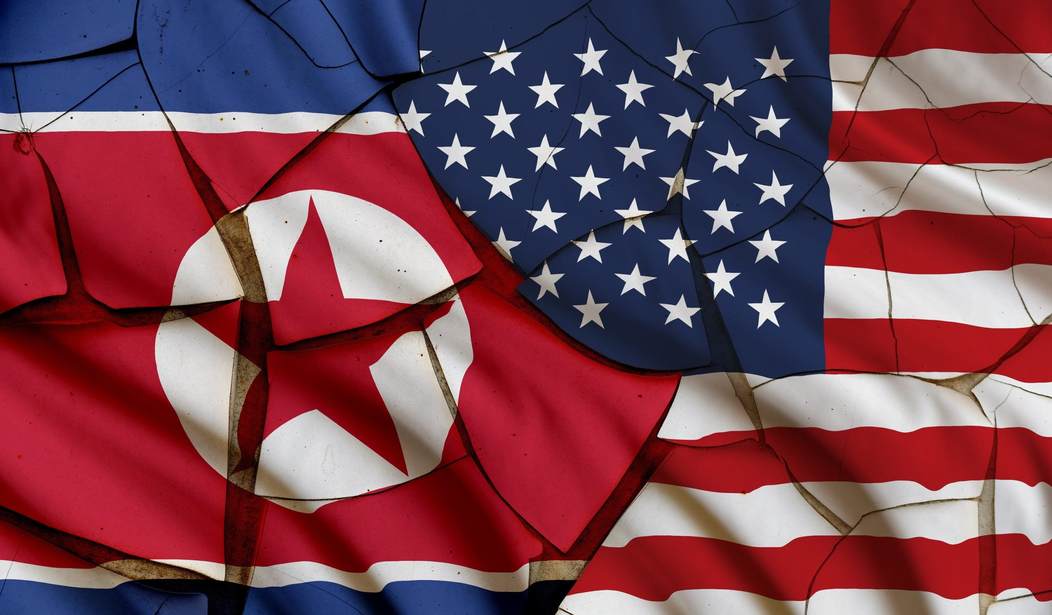Has the first year of the Trump administration been a retreat from the global agenda or paradoxically fueled its expansion?
Superficially it resembles a retreat. Former rising star Elizabeth Shackleford recently resigned from the State Department over what she characterized as the administration’s failure to promote “US values and interests overseas: advancing democracy … human rights, and … a more secure global order for the American people. “With each passing day, however, this task grows more futile, driving the Department’s experienced and talented staff away in ever greater numbers,” she wrote.
But the policy of evangelizing an enlightened agenda was never without a downside as demonstrated by the US intervention in Libya based on the UN doctrine of the Responsibility to Protect. In his “address to the nation on Libya” justifying the use of military force, Obama argued that what was good for Libya was good for America. Since the upheavals in Libya were then regarded as part of the Arab Spring what better thing to do than topple Khadaffy?
There will be times, though, when our safety is not directly threatened, but our interests and our values are. Sometimes, the course of history poses challenges that threaten our common humanity and our common security …
I believe that this movement of change cannot be turned back, and that we must stand alongside those who believe in the same core principles that have guided us through many storms … because wherever people long to be free, they will find a friend in the United States. Ultimately, it is that faith — those ideals — that are the true measure of American leadership.
Unfortunately it did not work out as planned. Later the Obama administration assumed a large responsibility for feeding countries wracked by famine through the Global Food Security Act of 2016. Ironically when the Trump administration announced it would withdraw its support for the program its supporters protested the cancellation would starve the victims of the Arab Spring.
Though the goal of a values-based foreign policy was ostensibly to make the world better by making it like America, in practice that meant making the world like Hollywood and the Beltway. That was not without its problems. When the image of elite virtue collapsed under a spate of scandal made possible by the Internet the old magic declined considerably. Calamities like Libya and the sudden exposure of American public icons may have undermined Elizabeth Shackleford’s quest far more fatally than Donald Trump’s Tweets.
The replacement for the status quo ante which may be emerging is what Francis Fukuyama termed adaptive order. Perhaps the “lack of centralized control is what makes the system more adaptive in the long run. In fact, most biological and social systems are anarchic, a condition that nonetheless permits substantial self-organization. This work is highly suggestive for the social sciences, offering an explanation why central planning has given way to markets. A further implication may be that there can be no deterministic model for the behavior of international systems, and that theorists who have been chasing elegant and highly reductionist models of international relations are doomed to fail.”
Is the world developing a new adaptive order?
Adaptive order is not simply an ivory tower concept. It describes the process through which the Internet actually emerged and continues to be governed. As a report by Vinton Cerf explains, “we conclude it is folly to try and regulate all these areas through an international treaty, and encourage further development of mechanisms for global debate like the Internet Governance Forum (IGF).”
If the future world order resembles the Internet, it will be built and rebuilt in the background, through a nonstop process of deals and arrangements much more than by traditional diplomatic agreement. If the Trump administration is deliberately (or accidentally under evolutionary pressure) laying the foundations for an adaptive world order the next decades may see an increase, rather a diminution of American influence in the world.
The key conceptual innovation is that prestige is replaced by capability as a unit of negotiating power. Capability basically determines the influence of the stakeholder in negotiated governance settings. Capability in turn depends on innovation arbitrage, “the idea that innovators can, and will with increasingly regularity, move to those jurisdictions that provide a legal and regulatory environment more hospitable to entrepreneurial activity. Just as capital now fluidly moves around the globe seeking out more friendly regulatory treatment, the same is increasingly true for innovations.”
The success of American foreign policy may depend not on how many diplomats it has in overseas stations but how much innovation the US fosters. American power may increasingly be a function of technological space rather than diplomatic maps. In such a world tax codes, regulatory environments, privacy regimes and human capital may count as foreign policy acts.
In that new world American prestige and influence will not depend on the dubious virtue of any individual human institution nor on the soaring eloquence of the media but upon the industry, inventiveness and moral compass of the United States.
Follow Wretchard on Twitter
For a list of books most frequently purchased by readers, visit my homepage.
Support the Belmont Club by purchasing from Amazon through the links below.
Books:
The Fleet at Flood Tide: America at Total War in the Pacific, 1944-1945, by James D. Hornfischer. From the historian who has been acclaimed as “doing for the Navy what popular historian Stephen Ambrose did for the Army,” here is an unprecedented account of the extraordinary World War II air, land, and sea campaign that brought the U.S. Navy to the apex of its strength and marked the rise of the United States as a global superpower.
The Storm Before the Storm: The Beginning of the End of the Roman Republic, Author Mike Duncan brings to life the bloody battles, political machinations, and human drama that set the stage for the fall of the Roman Republic. Chronicling the years 146-78 BC, he showed how, abandoning the ancient principles of their forbears, men like Marius, Sulla, and the Gracchi brothers set dangerous new precedents that would start the Republic on the road to destruction and provide a stark warning about what can happen to a civilization that has lost its way.
Grant, by Ron Chernow. This book is a grand synthesis of painstaking research and literary brilliance that makes sense of all sides of Grant’s life, explaining how this simple Midwesterner could at once be so ordinary and so extraordinary. Named one of the best books of the year.
Leonardo da Vinci, by Walter Isaacson. This biograpy of history’s most creative genius is based on thousands of pages from Leonardo’s astonishing notebooks and new discoveries about his life and work. Isaacson weaves a narrative that connects his art to his science and shows how Leonardo’s genius was based on skills we can improve in ourselves, such as passionate curiosity, careful observation, and an imagination so playful that it flirted with fantasy.
For a list of books most frequently purchased by readers, visit my homepage.
Did you know that you can purchase some of these books and pamphlets by Richard Fernandez and share them with your friends? They will receive a link in their email and it will automatically give them access to a Kindle reader on their smartphone, computer or even as a web-readable document.
The War of the Words, Understanding the crisis of the early 21st century in terms of information corruption in the financial, security and political spheres
Rebranding Christianity, or why the truth shall make you free
The Three Conjectures, reflections on terrorism and the nuclear age
Storming the Castle, why government should get small
No Way In at Amazon Kindle. Fiction. A flight into peril, flashbacks to underground action.
Storm Over the South China Sea, how China is restarting history in the Pacific
Tip Jar or Subscribe or Unsubscribe to the Belmont Club










Join the conversation as a VIP Member